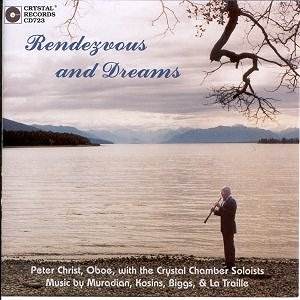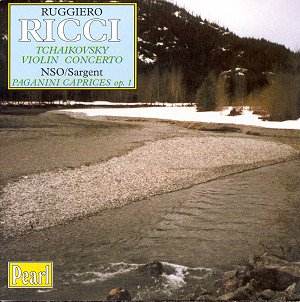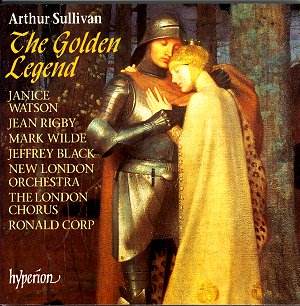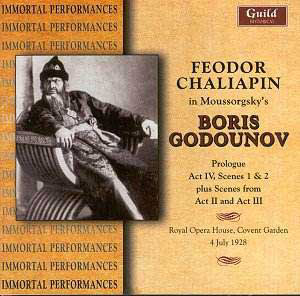 Composer: Vazgen Muradian, Martin Scot Kosins, John Biggs, Gregory la Traille
Composer: Vazgen Muradian, Martin Scot Kosins, John Biggs, Gregory la Traille
Works: Concerto for Oboe and String Quartet, Rendezvous and Dreams, Dance Suite, Oboe Quintet
Performers: Peter Christ (oboe), Lisa Bergman (piano), Crystal Chamber Soloists
Recording: Auditorium, Camas, WA – 11 Sept 1999 (La Traille), 7 Apr 2000 (Biggs), 14 May 2000 (Kosins), 29 Oct 2000 (Muradian)
Label: Crystal Records CD723
Vazgen Muradian’s Concerto for Oboe and String Quartet, alongside works by Martin Scot Kosins, John Biggs, and Gregory la Traille, creates a captivating exploration of contemporary oboe repertoire. This collection, titled “Rendezvous and Dreams,” is not merely a showcase of virtuosic oboe playing but rather a tapestry of musical dialogues that reflect the composers’ diverse backgrounds and stylistic sensibilities. Muradian, an Armenian-American composer, infuses his work with a sense of folk heritage, although listeners may find their attention drawn more to the neo-Baroque elegance reminiscent of Cimarosa and Vivaldi, particularly in the lively exchanges between the oboe and strings.
The Muradian concerto exhibits a buoyant vitality, particularly in its outer movements, where the oboe dances with a spirited lightness that invites comparisons to the playful textures of Italian Baroque concertos. The second movement unfolds with a sun-drenched dialogue among the strings, evoking the charm of Mozart’s Sinfonia Concertante, yet the Armenian folk influences, although subtle, offer a layer of depth waiting to be uncovered. The performance by Peter Christ is marked by an articulate expressiveness that captures the concerto’s lyrical essence, while the Crystal Chamber Soloists provide a nuanced backdrop that enhances the oboe’s lyrical lines without overshadowing them.
Martin Scot Kosins’ work, “Rendezvous and Dreams,” is characterized by its brevity and charm. Each of its four movements presents a distinct mood, with titles that evoke a narrative quality. The first movement, “Rendezvous for One,” employs a delicate interplay between oboe and piano, where the simplicity of the melodic lines is refreshing, eschewing any pretentiousness. This sincerity is a hallmark of Kosins’ style, which is rooted in his background in supper clubs—a context that informs his direct and engaging approach to composition. The smooth transitions between movements maintain a coherent emotional arc, and Lisa Bergman’s sensitivity at the piano complements Christ’s oboe with a shimmering clarity.
John Biggs’ Dance Suite, written expressly for this recording, introduces a more modernist flavor, drawing upon the rhythmic complexities of Bartók. The movements—Tango, Waltz, Basse Danse, and Grecian Dance—display a robust character, with each dance offering a unique rhythmic vocabulary. The performance balances precision with expressiveness, allowing the listener to appreciate the intricate counterpoints and harmonies that Biggs weaves into the fabric of the suite. The tartness of the ensemble sound aligns well with the dance idiom, creating a vibrant contrast to the more lyrical works on the disc.
Gregory La Traille’s Oboe Quintet exhibits a distinctive interplay of fast and slow sections, where the Andante offers moments of profound tenderness. This movement stands out for its emotive depth, displaying La Traille’s ability to blend influences from Malcolm Arnold and Britten while establishing his own voice. The flickering Presto Vivo returns to a lively character, showcasing the ensemble’s agility and Christ’s virtuosic control over the oboe. The recording quality is commendable, with a clear balance that allows each instrument to shine within the ensemble, enhancing the listener’s experience.
This anthology of oboe works not only highlights the versatility of the instrument but also celebrates a select group of contemporary composers whose voices, while sometimes overshadowed, merit greater recognition. The performances are marked by a refreshing enthusiasm and a keen interpretative insight that captures the essence of each work. The sound engineering on Crystal Records ensures that every nuance is preserved, allowing the listener to fully engage with the textures and colors of the music. This collection stands as a testament to the rich possibilities of the oboe repertoire, and it invites further exploration of these composers, particularly Muradian and La Traille, whose contributions deserve a more prominent place in the concert canon.



